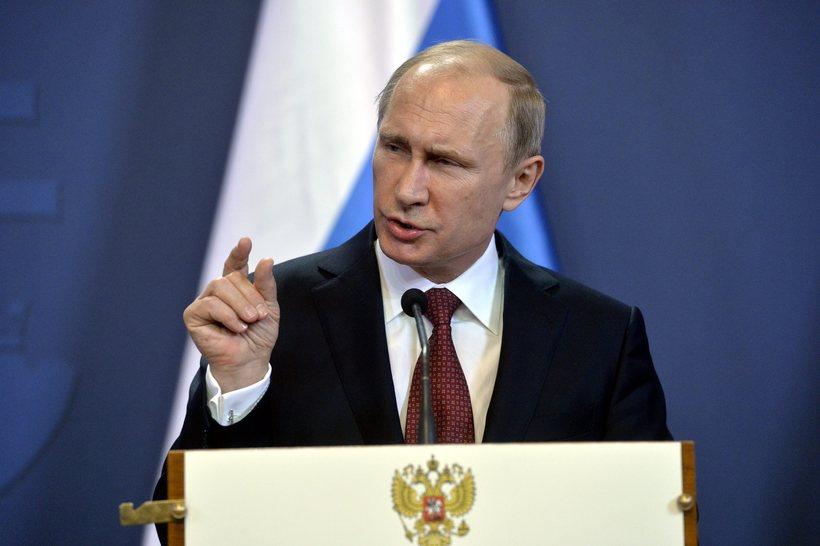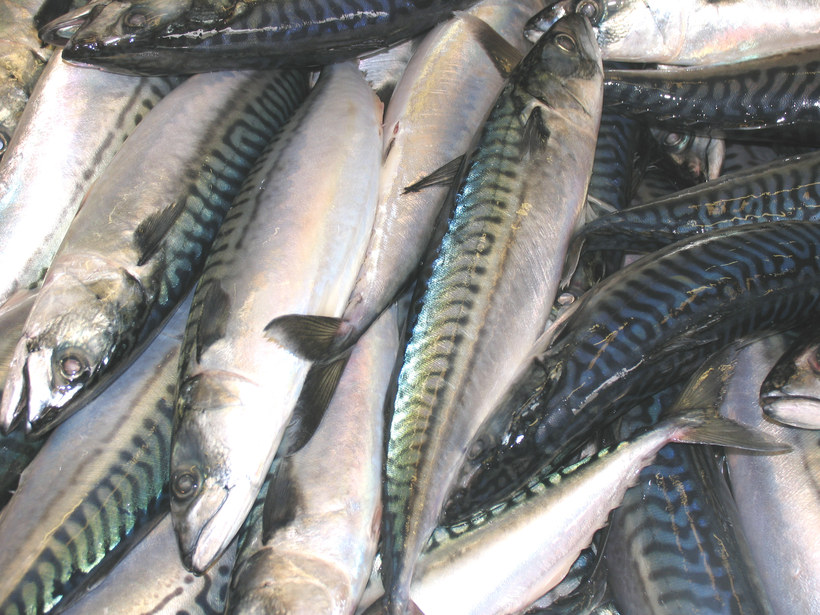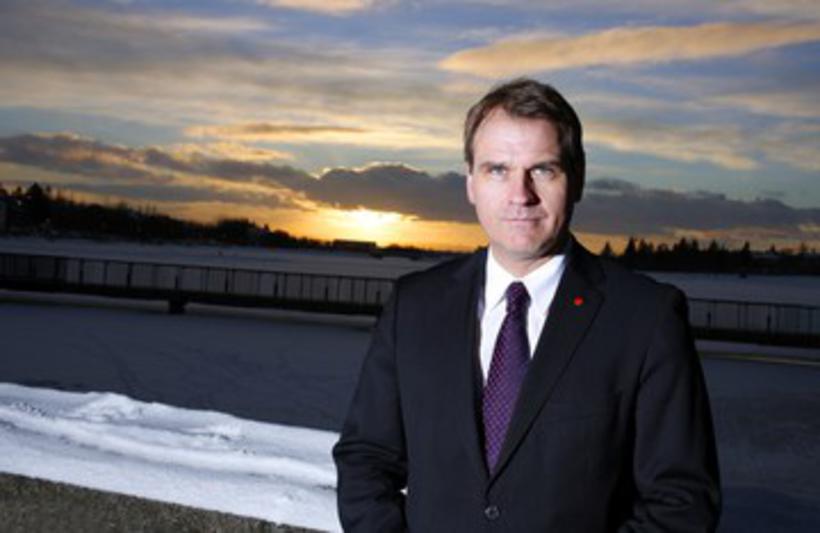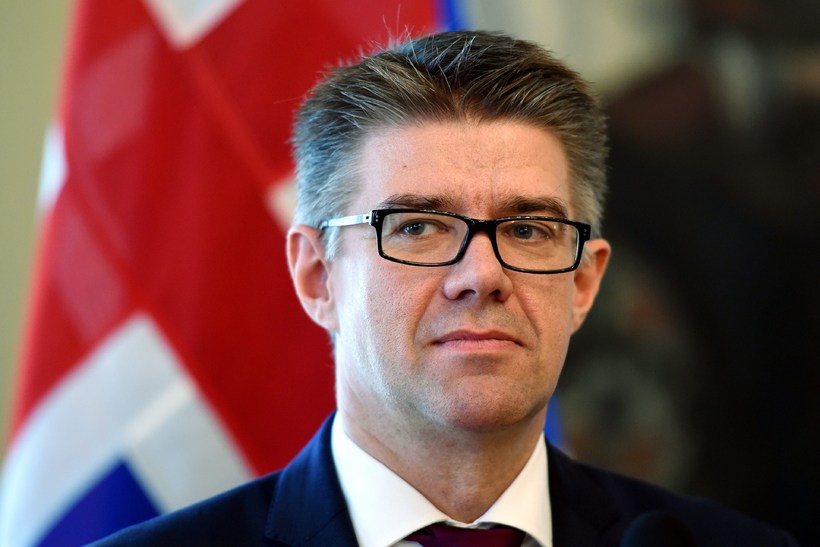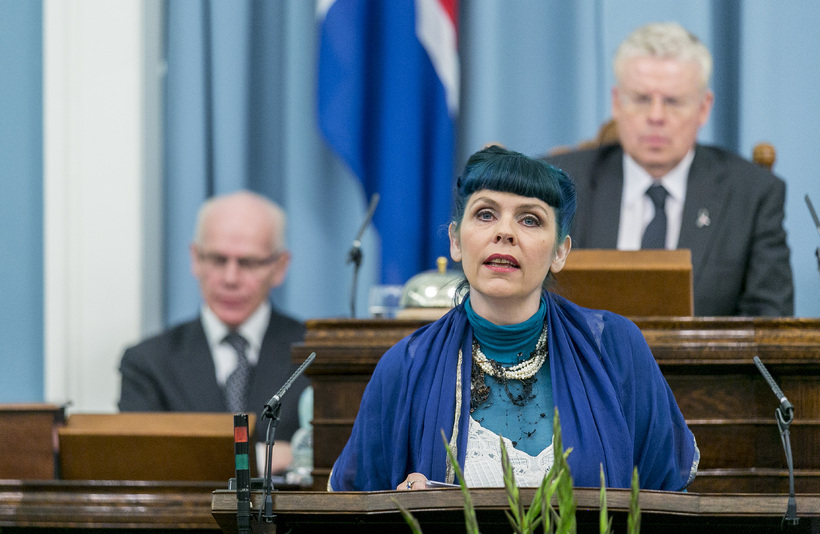Russian embargo: reactions
The Russian embargo of Icelandic food products announced yesterday appears to have taken immediate effect and consignments of Icelandic fish have reportedly already been turned back.
The exact ramifications of the embargo are as yet unclear, but reactions to the Russian move have been coming in thick and fast.
CEO of Fisheries Iceland, Kolbeinn Árnason, has described the situation as “very disappointing” and “a great blow, not just for the [fisheries] industry, but also for the economy”.
“We are talking about revenue of ISK 30-35 billion [approx. €200-240 million],” explains Árnason. “It will be difficult to find a replacement market for these products […] when a market of hundreds of millions disappears it takes time to deal with it.”
According to leader of the Iceland’s centre-left Social-Democratic Alliance (‘Samfylkingin’), Árni Páll Árnason, there is no question that Iceland’s support of European Union (EU) sanctions against Russia was the right thing to do.
“It is very important to be able to sanction superpowers when they infringe the rights of smaller States,” opines the opposition leader. “Small countries such as Iceland have every interest in ensuring that international law works in that way – that small countries are not bullied by superpowers.”
On the other side of the argument is Jón Bjarnason, former Fisheries Minister, who has described Iceland’s support of the EU sanctions as “extremely ill-thought-through” and a threat to Iceland’s self-determination.
“It is important for Iceland and Russia […] to continue to enjoy good cooperation and diverse trade relations,” considers Bjarnason. “Freedom to trade is the cornerstone of a nation’s independence and decisions of this type should be taken at home, not as a ‘tagger-on’ to other countries or unions.”
Icelandic Foreign Minister, Gunnar Bragi Sveinsson, has confirmed that there is no question of Iceland withdrawing its support for the sanctions imposed on Russia by the EU and other Western powers.
“I don’t see that as an option,” says Sveinsson. “Neither the government nor the Alþingi [Icelandic Parliament] Foreign Committee has proposed any such move. […] We do, of course, expect our allies to respond […] and assist us in marketing these products […].”
Birgitta Jónsdóttir, leader of Iceland’s Pirate Party (‘Píratar’), also describes the government’s decision to participate in EU sanctions as “natural”.
In her opinion, what is lacking is a clear statement of what is required of Russia in order for the sanctions to be lifted. “This is clearly a response to the annexation of Crimea and the continuing strife on the Ukrainian border. But what are our demands?”
Russia announced yesterday a retaliatory embargo on Icelandic food imports which also covers Albania, Liechtenstein, Montenegro and Ukraine.

